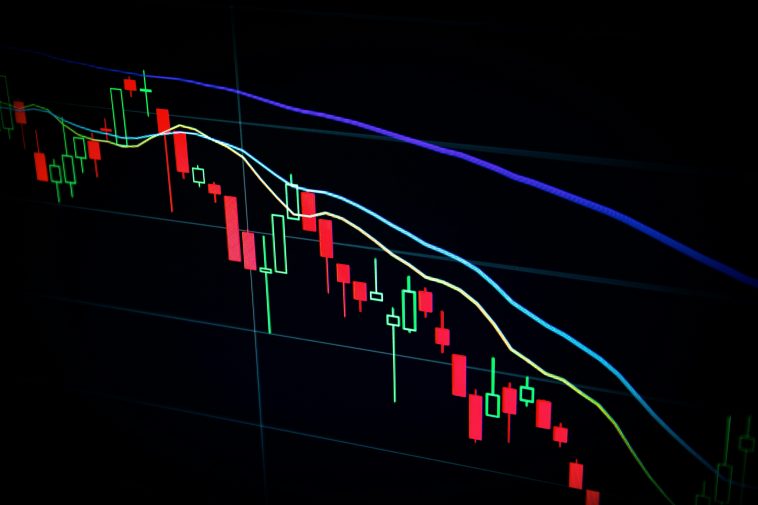As we step into 2025, the African start-up ecosystem continues to showcase resilience and adaptability in the face of shifting global economic dynamics. While 2024 was marked by a decline in overall funding, the latter half of the year hinted at a promising rebound, positioning 2025 as a year of potential growth and innovation. Let’s unpack the key trends, lessons, and opportunities shaping the future.
Funding Recap: Weathering the Storm
In 2024, African start-ups raised $2.2 billion across equity, debt, and grants—a 25% dip from the $2.9 billion recorded in 2023. This drop reflects broader global market contractions and investor caution amid economic uncertainties. However, the landscape was far from stagnant:
•Equity Investment Stabilized: Equity funding accounted for $1.5 billion, only an 11% decline from 2023. This stability signals growing confidence in African ventures, particularly in scalable sectors like fintech, healthtech, and agritech.
•Debt Funding Declines: Debt financing fell sharply, contributing to the overall decline in funding. While debt still represented 30% of total funding, this was a noticeable drop from the 38% share seen in 2023.
H2 2024: A Rebound That Signals Hope
The first half of 2024 was sluggish, with just under $800 million raised, marking the slowest semester since 2020. However, H2 saw a dramatic recovery, with $1.4 billion raised—an 80% increase compared to H1 and a 25% year-on-year growth. This surge was driven by:
•Mega Deals: Moniepoint and Tyme Group emerged as new unicorns in Q4, marking the first back-to-back unicorn announcements since early 2023. These deals highlighted the enduring appetite for high-growth African ventures despite challenging conditions.
•Sectoral Shifts: Start-ups in essential industries like financial services, renewable energy, and logistics gained traction, underscoring the continent’s ability to address critical needs through innovation.
Exits and Milestones: Steady Progress
Exits remained a bright spot, with 22 deals made public in 2024 compared to 20 in 2023. While this number may seem modest, it reflects steady progress in building pathways for investors to realize returns, a crucial component of a healthy start-up ecosystem. As more start-ups mature and global interest in African markets grows, 2025 could witness a surge in acquisitions and IPOs.
Key Lessons from 2024
1.Resilience Amid Adversity: African start-ups demonstrated remarkable adaptability, finding ways to thrive despite reduced funding.
2.The Value of Equity: Stabilizing equity investment underscores investor confidence in the long-term potential of African ventures.
3.Debt’s Role Is Evolving: The decline in debt funding may pave the way for innovative financing models better suited to Africa’s unique economic landscape.
What to Expect in 2025
Looking ahead, 2025 offers a wealth of opportunities for African start-ups. Key trends to watch include:
•Increased Focus on Impact Sectors: Health, climate tech, and agritech are expected to draw significant investment as they tackle pressing challenges on the continent.
•Regional Integration: The African Continental Free Trade Area (AfCFTA) is set to play a pivotal role in enabling cross-border collaboration and market expansion.
•Digital Transformation: Start-ups leveraging AI, blockchain, and other emerging technologies are likely to dominate the funding landscape.
Conclusion: A Year of Optimism
While 2024 posed challenges, it also laid the groundwork for a promising 2025. The African start-up ecosystem is entering the new year with lessons learned, renewed investor interest, and a focus on sectors that promise sustainable growth. As innovation continues to drive solutions to the continent’s most pressing issues, African start-ups are poised to make 2025 a defining year in their journey toward global impact.
 We just launched our WhatsApp channel. Want to get the latest news from the Tech in Africa?
We just launched our WhatsApp channel. Want to get the latest news from the Tech in Africa?



